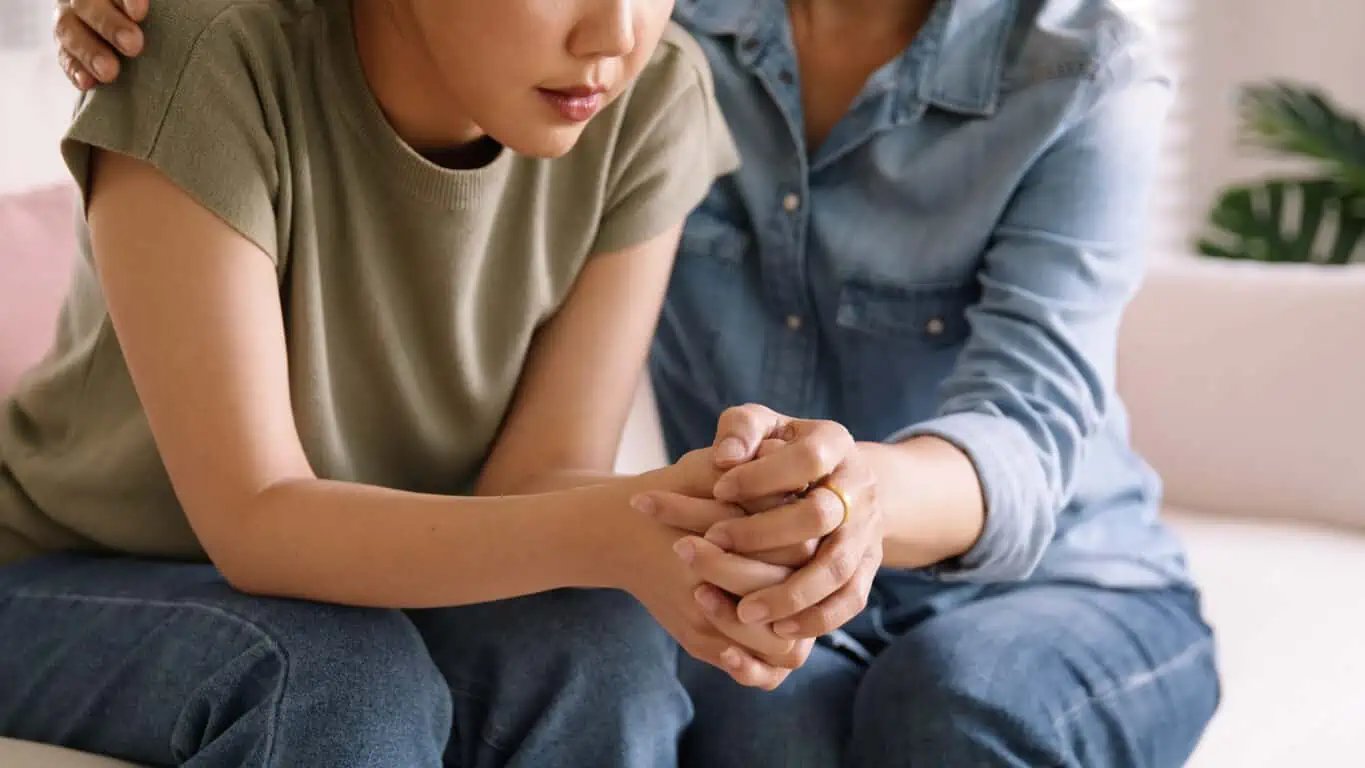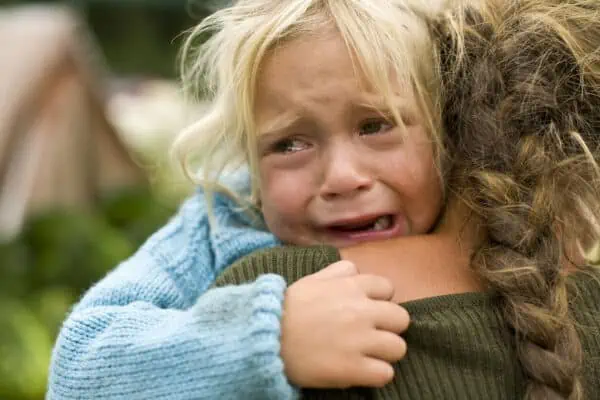The grief process for children varies depending on the age group, personality, family circumstances, and other factors. If you know a grieving child, here’s some information on how to help them.
What’s Important to Note About the Grief Process for Children
Before we offer advice on supporting a child through the stages of grief, it’s important to note that a child may act “normal” or even seem unconcerned or unaffected by the death of a family member. This lack of typical grief responses may or may not be cause for concern.
It’s also important to note that people, including children, grieve for other things besides death. Disenfranchised grief occurs when a child feels intense sorrow from a non-death-related situation.
The problem is that grief has no guidelines. Grief manifests itself differently in adults – as well as children. So, instead of giving you notes on how children process grief, we will tell you behaviors to look out for from young people who have experienced loss – according to Positive Parenting Solutions.
Behaviors You Might Notice From a Grieving Child
Even though much has been written about the grieving process, you might find it more helpful to learn about common reactions to grief in children. Here are some common responses to grief that you might notice – depending on the child’s developmental stage, the reaction of other family members, and other factors.
Regression
You may notice grieving children may begin to act younger. For example, a grade school child may start wetting the bed or sucking their thumb. An ordinarily well-behaved child might start getting in trouble on the playground or being disruptive in class. A teen who was close to a person who has died may begin failing classes – even if they were usually a straight-A student.
Separation Anxiety
You may notice that after a loved one’s death, children may not want to be left alone – or out of your sight. Older children may choose to go with you on errands they previously would have avoided, and preschool children might cry when you leave them with a babysitter or other family member. Of course, both younger and older kids may not be able to express feelings on why they don’t want to be left alone.
Withdrawal
You might notice periods of withdrawal. The child may withdraw from friends and family and avoid normally pleasurable activities.
Physical Symptoms
A grieving child may have headaches, stomach aches, and problems sleeping. They may complain about body pains. You may notice that they eat less – or more– than usual.
Interest in Death
Grieving kids might become more curious about death and loss. You may feel like you have to answer questions about death repeatedly. They may also be more concerned about their own health – as well as the health of other family members.
Risk-Taking & Aggression
Older children who have difficulty coping with grief might engage in risky behavior. Both older and younger children may become more aggressive or hostile. You may even see signs of self-harm or suicidal thoughts.
When to Seek Help
If the child shows aggression or self-harm, they need to see a mental health specialist immediately. However, other than those serious problems, it’s difficult to say when parents or adult caregivers need to seek professional help from a grief counselor.
If you feel your child could benefit from speaking with a professional about his or her feelings (or you need to talk about your own feelings), contact one of our compassionate staff members at Alabama Funeral Homes and Cremation Centers. We will help you find professional resources in your community to help you or your children cope with the death of a beloved family member or friend. We are here to serve your emotional needs during this difficult time.
Key Takeaways
- Different people react to grief differently. This includes children as well.
- Be aware of some behaviors that might result from traditional or disenfranchised grief.
- If a person shows signs of aggression or has suicidal thoughts, seek help immediately.






